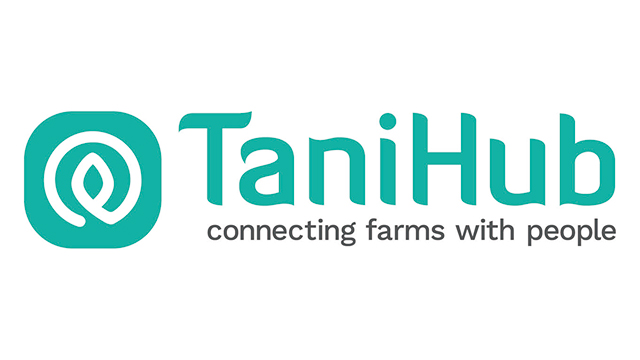Agricultural startup TaniHub stopped operating two warehouses in Bandung and Bali, and carried out Termination of Employment (PHK) in February. Now, Pamitra Wineka is no longer listed as Chief Executive Officer (CEO). -katadata
Hello Stackers,, TaniHub is a company with a valuation of 3.4 trillion Rupiah and an investment value of 1.4 trillion Rupiah that has attracted President Jokowi’s attention and has even entered PKPU (Postponement of Debt Payment Obligations) status or is facing bankruptcy. The craziest of the 1.4 trillion Rupiah, around 70% or around one trillion Rupiah, they just got 19 months ago in May 2021, meaning that, for example, we assume that this one trillion rupiah runs out in 19 months. TaniHub burns 54 billion Rupiah per month or 1.8 billion Rupiah per day.

What happened?
- During COVID, many middlemen lay down because the catering restaurant hotel was closed and could not operate without being in an advantageous position, especially because it was online-based and operationally less disruptive compared to other competitors who were completely offline, so growth increased during COVID. So in May 2021, they managed to get funding of one trillion Rupiah, and then they invested massively in warehouses and infrastructure with the expectation that this growth will continue for the next few years. However, it turns out that in 2022, after the impact of COVID began to subside and traditional middlemen started to be active again, it was not difficult for traditional middlemen to take TaniHub market back, and TaniHub operational costs are too high because they have invested in warehouses and infrastructure, even though the demand for TaniHub is not as high as they imagined.
- What consumers are looking for are only two things, the quality that is suitable for the lowest price. The problem is that TaniHub investment is in the application of automation process technology that helps to get B2C customers and warehousing systems. The impact of technology is too little to improve quality or change the price, so it’s proven not difficult for other traditional competitors to take back the market after the impact of COVID is over because the unfair advantage generated by the technology is not as big as they imagined.
- The ambition is really big; they want to take on the entire process, but the negative is that they don’t focus.
- TaniHub can have a competitive advantage in funding farmers because the supplying farmers have already bought the crops of the farmers they are going to give funds to, so there is already a kind of tracker. The problem is that farmers can fail to harvest; if they fail to harvest, the investor’s money immediately disappears. In other conditions, TaniHub can get planting results and bring them to the warehouse, but the market demand can be different, so TaniHub buys goods that the market doesn’t need anymore.
